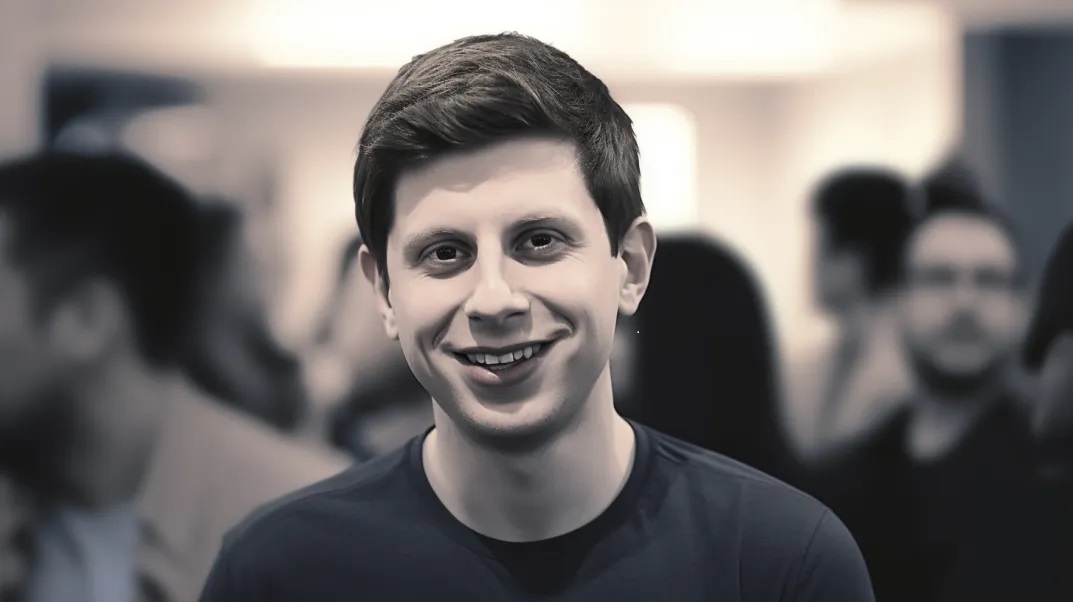Table of Contents
OpenAI, the leading artificial intelligence company, has recently faced a power struggle that lasted for five days and threatened its mission to safely develop smarter-than-human AI. The non-profit board of directors fired CEO Sam Altman, citing his lack of candor in communications with them.
However, Microsoft, OpenAI’s biggest investor, led efforts to have Altman reinstated, and after intense negotiations and pressure from employees, Altman returned as CEO. The board’s new chair is Bret Taylor, and former Treasury Secretary Larry Summers and Quora CEO Adam D’Angelo are also on the new board.
OpenAI will retain its legal structure as a capped-profit company overseen by a non-profit board.
A Turbulent Power Struggle: The Return of Sam Altman as OpenAI CEO
The recent power struggle at OpenAI, the leading artificial intelligence company, saw the non-profit board of directors firing CEO Sam Altman due to his lack of transparency in communications.
However, Microsoft, OpenAI’s largest investor, spearheaded efforts to reinstate Altman. Following intense negotiations and employee pressure, Altman has returned as CEO. This unexpected turn of events prompted a revolt among employees. Nevertheless, an agreement in principle has been reached for Altman’s return, with a new initial board led by Bret Taylor, former co-CEO of Salesforce.
Quora CEO Adam D’Angelo and former Treasury Secretary Larry Summers also join the revamped board. Despite the turbulent nature of this power struggle, OpenAI remains steadfast in its mission to safely develop AI that surpasses human capabilities under Altman’s leadership.
The Role of Big Tech in OpenAI’s Leadership Crisis
The role of big tech companies, particularly Microsoft, in the recent leadership crisis at OpenAI has raised concerns about their influence over the company’s direction and decision-making process.
Microsoft, as OpenAI’s biggest investor, played a significant role in spearheading efforts to reinstate Sam Altman as CEO. While this move may have been supported by some employees and investors, it also raises questions about the potential impact on OpenAI’s research agenda. As AI continues to advance and shape various industries, it is crucial to ensure that the development of these technologies remains ethical and aligned with the best interests of society, rather than being driven solely by the interests of big tech companies.
OpenAI’s Commitment to Responsible AI Development
OpenAI remains steadfast in its commitment to responsible AI development. The company’s research focuses on key areas such as natural language processing, robotics, and reinforcement learning, with the aim of creating smarter-than-human AI that benefits everyone. OpenAI recognizes the potential transformative impact of these technologies and is dedicated to ensuring their safe and ethical deployment. With the recent leadership crisis resolved and Sam Altman back as CEO, OpenAI is well-positioned to continue its mission while upholding rigorous ethical standards. By prioritizing responsible AI development, OpenAI aims to lead the way in setting industry standards and fostering a future where AI serves the best interests of society at large.





